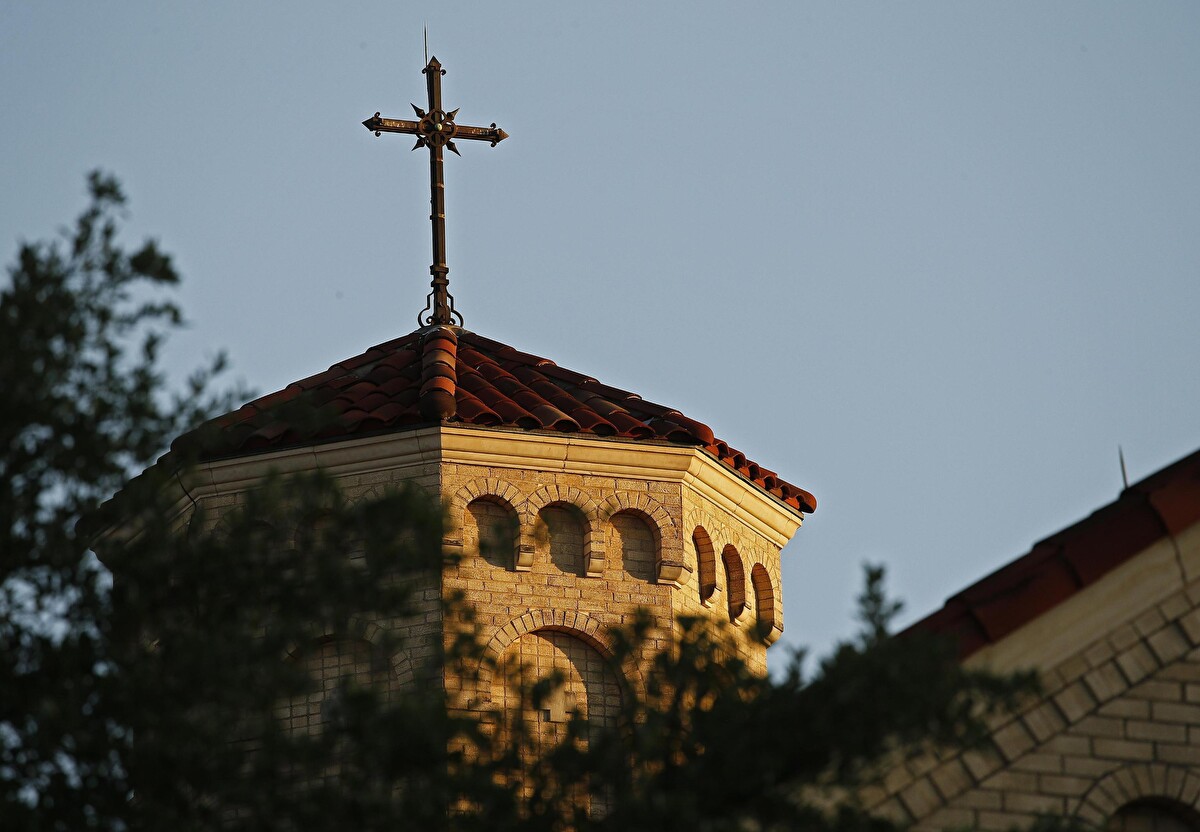10 million dollars withdrawn in cash by Egyptian intelligence services may have ended up in the pockets of Donald Trump’s election campaign, according to a lengthy Washington Post report that recounts a story of intrigue and possible cover-ups dating back eight years ago.
Five days before Trump entered the White House in late 2016, an organization associated with Cairo’s intelligence agencies ordered the National Bank of Egypt to withdraw $10 million in $100 bills. An unusually large sum of the institution’s foreign currency reserves, which inevitably triggered the spies of Washington investigators before the investigation was aborted prematurely by a decision of Attorney General Bill Barr (appointed by Trump himself), who according to some sources, decided to close the case with “stunning” speed.
In January 2017, CIA officials informed the Justice Department about a suspected transfer of funds from Egyptian President Abdel Fattah El-Sisi to Trump. The information, according to Langley, came from a confidential source considered highly reliable. The investigation was assigned to Special Prosecutor Robert Mueller, who at the time was already probing the relationship between the Trump campaign and the Kremlin in the so-called “Russiagate.”
The working group coordinated by the prosecutor, named “Team 10” (allusion to the value of the money involved), discovered shortly thereafter that Trump had had a private meeting with Sisi on Sept. 19, 2016, less than two months before the presidential election. The meeting had taken place during the United Nations General Assembly in New York. In the face-to-face meeting, Trump had assured Sisi that, with a Republican in the White House, Washington would be a “loyal friend” to the coup general – a marked change from the distance the U.S. had hitherto maintained from the Egyptian president after the military coup three years earlier.
After his victory in November 2016, the newly elected president invited Sisi to Washington as one of his first guests and met with him again during his first foreign trips to Saudi Arabia. But in the meantime, “Team 10” continued to examine whether Egyptian funds may have been transferred to Trump, potentially in violation of U.S. election laws – and whether that same money may have influenced Trump’s decision to invest $10 million of his own in the campaign in the final days before the 2016 election, which still represented a small portion of the $100 million he had pledged of his own money and that he had failed to deliver.
The progress of the investigation, according to The Post, was significantly hampered by senior Justice Department officials, who prevented access to a number of vital banking documents. Formally, Barr, Trump’s Justice Secretary at the time, raised doubts about the sufficiency of the evidence to continue the investigation, ordering the U.S. Attorney for the District of Columbia, Jessie Liu, to personally review the confidential information to decide whether it was necessary to continue with the investigation.
Concurrently, Barr instructed FBI Director Christopher Wray to closely supervise FBI agents, whom he described as “determined” to uncover the truth about Trump.
Hampered de facto by the Justice Department’s top brass, the investigation officially foundered in June 2020, when Liu’s successor, appointed by Barr and initially intent on continuing the search, officially closed the investigation. The prosecutor declared that there was insufficient evidence “beyond a reasonable doubt”, despite internal disagreements on the issue.
“Every American should be concerned about how this case ended,” said one of the sources familiar with that internal disagreement. “The Justice Department is supposed to follow evidence wherever it leads — it does so all the time to determine if a crime occurred or not.”












